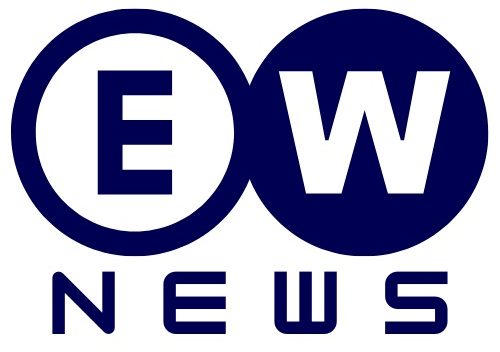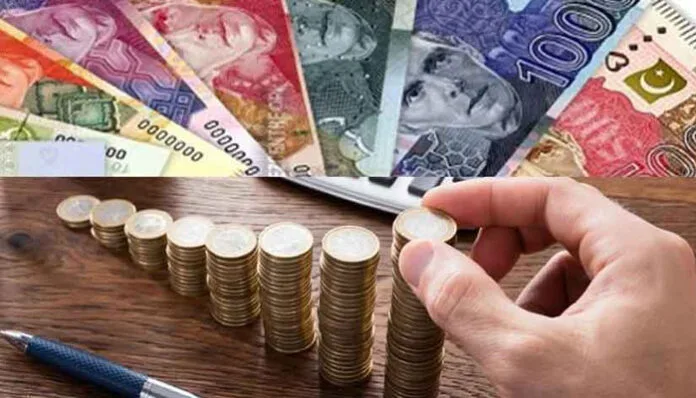By: Zahanat Hussain
Full of heavy tax a budget of PRs. 18,877 billion has been approved by the national assembly, the pressing question arises here how the government will extract the high imposed taxes from the already fragile economy. In an interview with Samaa TV, Mr. Najam Sethi stated that due to the substantial pressure on the coalition government so they approved the budget in this condition that could never passed in the assembly. IMF may not deliver the package, as a result, leading Pakistan face default. Concurrently, assistance and loans from other country loans were neither postponed nor forgiven. This situation threatens to isolate Pakistan from the international financial and banking system and the imports will disrupt. People believe that this budget is a curse for the poor; however, without budget approval, the situation could have degraded further.
This new year’s budget has been implemented with the increase in taxes and inflation, along with a significant rise in the per-liter price of petroleum products, which are major contributors to inflation. This results in a continuous financial burden on the common man becoming increasingly difficult to manage.
In developed nations, mostly the direct tax levied higher than the indirect tax, Pakistan made notable action in this regard by imposing 0% tax on those whose annual income not exceeding PRs. 600,000, 5% on income from PRs. 600,000 to PRs. 1,200,000 and highest is 35% on those whose income exceeding PRs. 4,100,000.
The beginning of the new financial year has commenced with several challenges like imposition of new tax rate on all government employees. The general sales tax increased to 18% from 10%, as a result prices are increasing on daily base with some shopkeepers and other profiteers adding their share to increase and passing the cost onto public. This burden effect not only the poor but all customers, as the prices of daily use commodities including groceries, medicines food, etc. increased. However, the increase in sale tax affects the poor due to lower incomes.
Rising taxes on electricity, gas, and essentials like sanitation and stationery spell tougher in the near future. Private schools are faced with new levies, driving up education costs. The three-fold hike in electricity rates, backed by the FBR’s expanded authority, reflects a return to the draconian fiscal policies of the past.
The budgetary authority’s probably unaware of potential challenges stemming from the federal excise duty imposed on the property transfer (purchase and sale) without consensus from the provinces. Ironically, taxes will now encompass hospital machinery and equipment, property and businesses, which fall under both provincial and federal jurisdictions. A heavy tax budget will increase hardships for ordinary Pakistanis, increasing the trust gap between the government and the public as additional taxes will directly increase commodity prices, adding to economic challenges.
Government officials from the prime minister downwards plan to use the budget as a catalyst for a major economic transformation in the coming years. Nevertheless, there have been doubts about commitment to achieving his goals and the effectiveness of his actions since the beginning. The government not only raised taxes significantly, but also made changes in the Finance Bill, introducing additional tax measures worth Rs 200 billion, this will further burden the public amid economic challenges.
Many economists skeptical about the government ability to achieve the tax policy target. The budget has improved the direct tax base by 48% without expanding the limited tax base. A large segment of non-filers including businessmen, retailers, property dealers, etc. will be out of the tax system. Against the backdrop of economic slowdown and declining purchasing power among the majority, the projected 35 percent increase in indirect taxes for next year appears overly ambitious.
The finance minister has repeatedly said that the current budget aims to reduce the budget deficit and increase the existing tax-to-GDP ratio from 9.5 percent to 13 percent in the next three years. There is a discrepancy between the details mentioned in the budget and the promises made by the government as well as contradiction in the commitments made by the Prime Minister and the Finance Minister.
The coalition government’s high-tax budget has intensified inflation and increased utility bills, posing significant challenges for the people. While prioritizing international obligations is necessary, the resulting impact on public welfare is becoming increasingly severe. Moreover, misguided policies have exacerbated mistrust between the government and the public further.
As a student of economics, my recommendation is that PSDP could decline by 400 billion PRs as it declined only 200 billion PRs the remaining 200 can adjust the tax imposed on poor and middle-class families. A highly unfair and discriminatory policy has been enacted, that is forgiving property-transfer tax for both retired and on-duty bureaucrats and elite forces personnel. Lastly, the issue of free electricity users has not been addressed.





